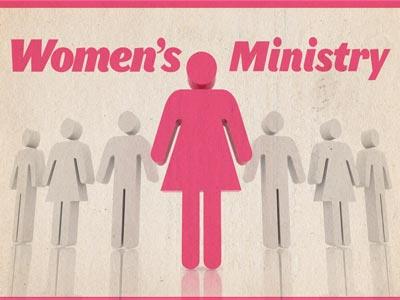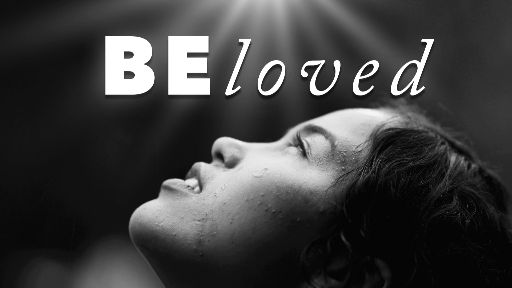-
Creating A Loving Community For The New Millennium
Contributed by Joseph Smith on Nov 28, 2017 (message contributor)
Summary: Thinking about what the church must be in the future raises four questions: who are we, who gets in, who leads, and where are we going?
First Baptist Church (New Hampshire Ave), Washington, DC May 31, 1998
Can you believe that it won't be long until we cross over into the third millennium, a full two thousand years after the birth of Christ? Can you believe that we are still here to see it? Why, it seems like it was only yesterday that we started the second millennium, doesn't it? You remember it, don't you? Or am I just a bit older than most of you?
Well, no, none of us were around at the start of the second millennium, but some of its memories and its mistakes linger with us. And today, as I have been asked to speak on the theme, “Creating a Loving Community for the New Millennium", I am thinking about both the blessings and the blunders of our own time. I am thinking about all we have done, both good and bad. And I am hoping that we will learn from that, so that we will not repeat the ways of the past. Someone has said that those who do not learn from history are doomed to repeat its mistakes. And so a part of what I will do with you today is to lift up the sad saga of the second millennium, hoping that the Spirit of God might be our teacher and take us to a right path.
And yet, if I am to find clues for what the third millennium could be, should be, where do I go? To what source shall I turn? I certainly have to do better than just reading the history books. Abraham Lincoln told us more than a century ago that the dogmas of the past were inadequate for the stormy present. And so I know there has to be something better than merely reading the record of the second millennium to give us a clue about the third one.
And there is. There is. It is the record of the first millennium and its beginning. It is the record of the earliest days of the Christian church. It's called the Book of Acts. In the Book of the Acts of the Apostles, I submit to you, there are some very important clues that will help us toward our task of, "creating a loving community in the new millennium." It's especially appropriate that we work in this book today, because, as you may know, today is Pentecost Sunday in the Christian year, and Pentecost Sunday marks the time when the Holy Spirit first fell on the believers and created the church. Pentecost Sunday, today, is a great time to celebrate a missionary society; it is a greater time to think about the future; and it is the best of all times to be reading the Book of Acts.
And so I want to organize my remarks today around four great questions that the Book of Acts raises for us. I want to spend just a few brief moments with four powerful issues that were lifted up at the first millennium, that were messed up in the second millennium, but, if we get these right, will help us do what you have asked for in the third millennium, "creating a loving community."
Let me first give you the four great questions, and then we will unpack each one.
Four questions toward a loving community:
· Who are we?
· Who gets in?
· Who leads?
· And where do we go?
That all sounds pretty simple, doesn't it? We ought to be able to answer these. Who are we, who gets in, who leads, who is in charge, and where do we go. But, I tell you, we've made a whole lot of mistakes trying to deal with those. I pray God through His word and His Spirit will guide us beyond those mistakes.
First off, who are we? Who are we? What is our identity? Do we know ourselves? Are we clear about us? Before we can do anything about anybody else, we have to know something very important about us. Who are we? Let's go right to the first Day of Pentecost:
Acts 2:41-47
The place to begin to create a loving community is to know that we are ourselves a beloved community. If you want to love somebody, you have to receive love. You cannot give away what you do not have. The place to begin to create a loving community is to understand that we, the church, are already a beloved community. Martin Luther King liked to use that phrase, and he was right on target. We are, because of Christ, beloved. God loves us and wraps his embrace around us, and if we know that, feel that, experience that, we can start to share it.
These earliest Christians did something radical in response to Christ. So radical that hardly anybody since has been willing to do it. They came together, they held all their goods in common, each one got what he needed, not what he wanted. What a radical idea! Just to share with each other out of love. Rev. Tucker, I remember your telling a story once about getting caught up here in the church office on a Sunday evening, and somebody came in and tried to steal the church's offerings. Well, hey, in the early church they gave it away anyway! And look at what it did for them: "day by day .. they ate their food with glad and generous hearts, praising God and having the goodwill of all the people."

 Sermon Central
Sermon Central



